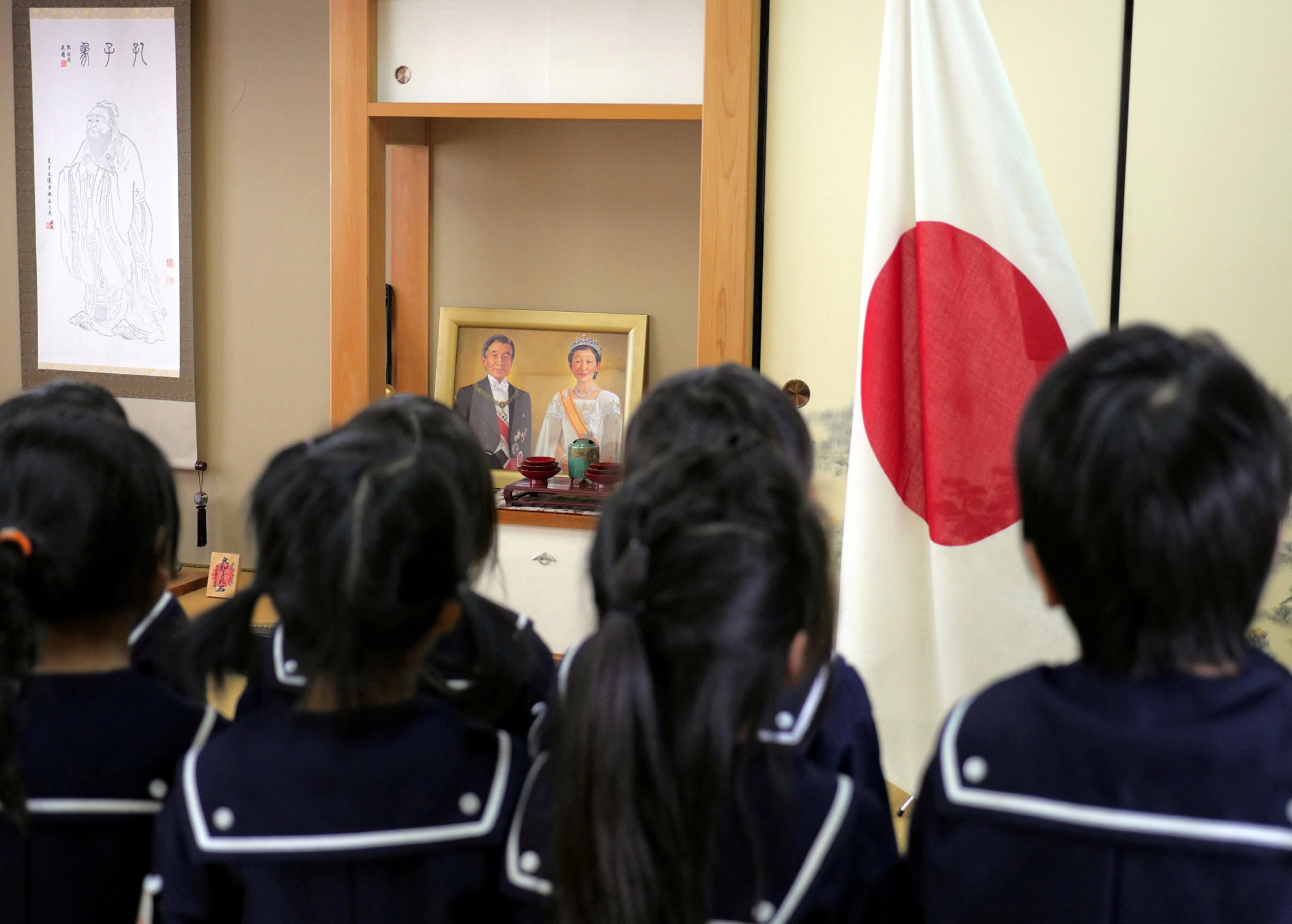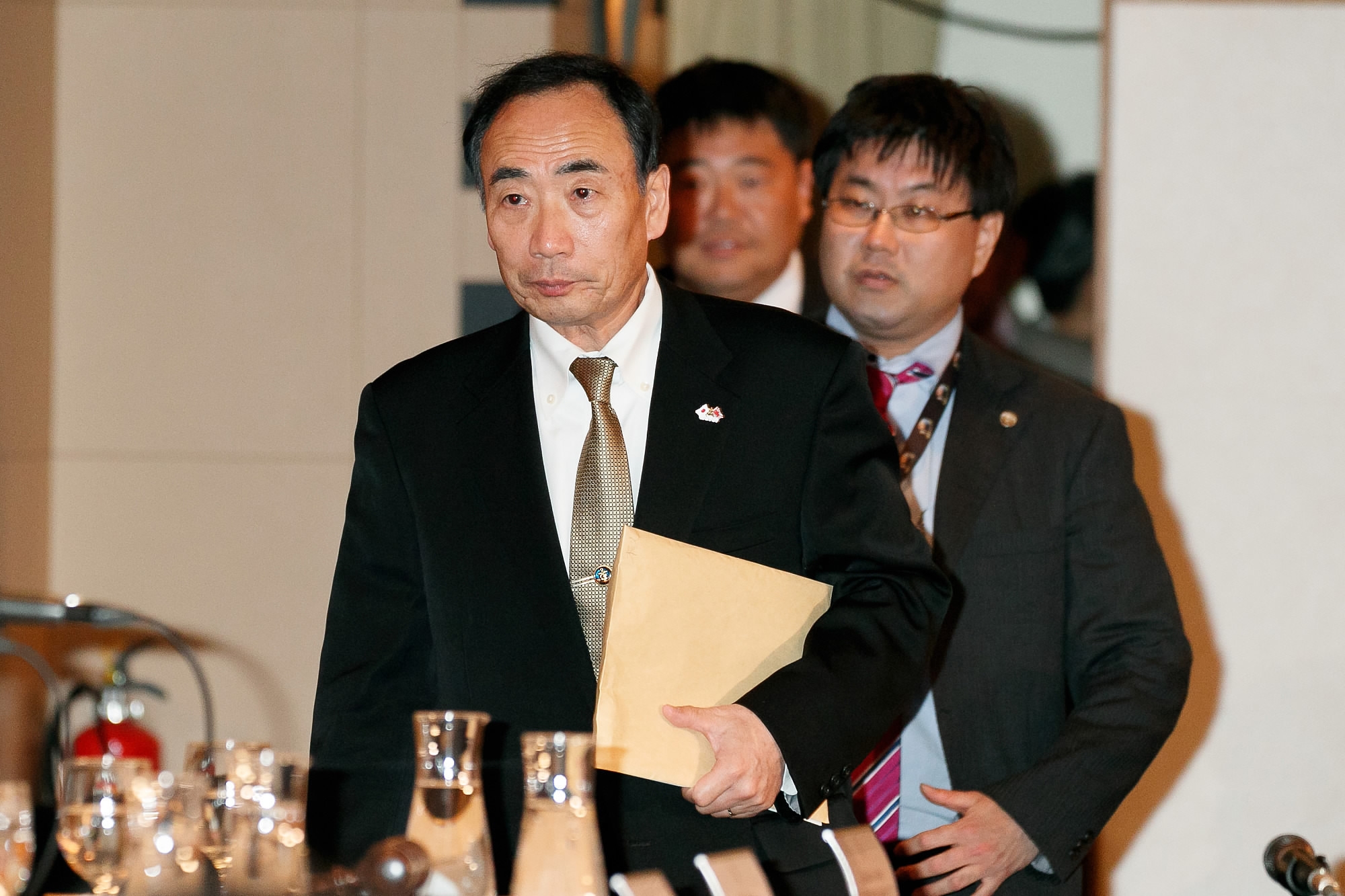A pre-war set of educational values and principles may soon be reintroduced to classrooms across Japan.
The Japanese cabinet decided on March 31 that the Imperial Rescript on Education, which dates back to the 19th century, should not be “totally rejected” as teaching material.
"There is no denying the use of it (the rescript) as a teaching material in a manner that does not violate the Constitution and the Fundamental Law of Education," the cabinet headed by Prime Minister Shinzo Abe decided.
In this 315-word prewar document, which was issued in 1890 under the name of Emperor Meiji, the Japanese population are referred to as "subjects" of the emperor and are called on to "offer themselves courageously to the state and Imperial throne" when an emergency arises”.
Scholars were concerned that "subjects of the emperor" and "nationalistic ideology under the reign of the emperor" described in the document, would possibly lead to the rise of militarism in Japan, according to the Japan’s Asashi Shimbun.

Students recite the Imperial Rescript on Education and Confucian Analects in front of Japan's national flag in Tsukamoto kindergarten in Osaka, Japan, November 30, 2016./CFP Photo
The abolished principle was recently brought back to the limelight after an Osaka kindergarten operated by scandal-hit Moritomo Gakuen made its pupils recite the prewar document.
The Japanese media and public was dismayed at televised footage of children reciting the rescript in the operators’ kindergarten, according to an opinion piece published by the Japan Times last month.
In Japan’s postwar era, the imperial rescript was firstly outlined in the country's Fundamental Law on Education as forming the basic principles of education, and came into effect in 1947. However, under the pressure of US occupation authorities, the Japanese Diet passed resolutions on abolishing the document the following year.
Now in his second term as Prime Minister, Shinzo Abe's administration has marked a shift towards reevaluating the contents of the imperial rescript, according to Japan’s Asashi Shimbun.
Kihei Maekawa, then director-general of the education ministry's Elementary and Secondary Education Bureau, said the rescript contains elements which are still applicable today, “so it is possible to use such points in schools."

Yasunori Kagoike, head of school operator Moritomo Gak /CFP Photo
The private school operator Moritomo Gakuen was said to have purchased state-owned land at a much lower price than its appraised value by having lobbying officials in Abe’s administration.
Abe’s wife Akie Abe was also linked to the scandal as Moritomo Gakuen Chairman Yasunori Kagoike testified that she had given one million yen (about 9,000 US dollars) to Moritomo Gakuen as a secret donation.
However, Abe denied that he or his wife had had any involvement in such a deal.









